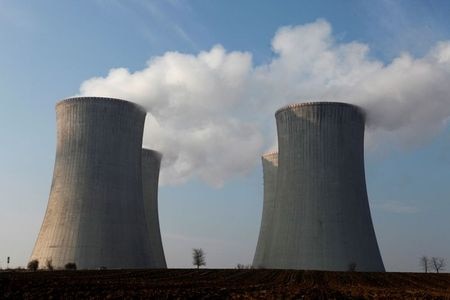DEBATE: Could nuclear prevent another energy crisis?

Britain is in the throes of an energy crisis. There are myriad reasons from unusually low amounts of wind to sky-high gas prices. As we turn to net zero a familiar debate over the place for nuclear energy in our carbon-neutral arsenal.
Eammon Ives of the Centre for Policy Studies says YES to nuclear
The UK is facing a perfect energy storm. Rising natural gas prices, lower output from renewables, faltering nuclear reactors, and fire damage to an interconnector between France and Britain are responsible for the current predicament.
Had successive politicians not habitually kicked nuclear policy into the long grass, Britain might be a little more insulated from the headwinds. There is no point in ruing the past, let’s look forwards.
Nuclear power could reliably provide great wads of zero-carbon energy. We’re told Hinkley Point C will be online in 2026, but there is still a risk that without more capacity, the UK will have to prolong its dependence on fossil fuels. This would exacerbate climate change and keep us exposed to the whims of authoritarian petrostates.
Encouraging private investment in another nuclear power station might not help fix the current crisis, but it could help avert ones later down the line.
Lizzy Roberts of Seahorse Environmental says NO to more power stations
We have a choice: a decentralised system reliant on renewables, storage and smart devices or one that needs heavy, centralised and probably more expensive baseload generation.
Tech advancements mean we can balance out the peaks and troughs of energy excess and scarcity. By using intelligent storage and demand side response, we can change our energy use based on the availability of supply, particularly renewables. Consumers would benefit from contributing to the energy system by using these technologies.
As we decarbonise, rather than rely on a handful of large baseload power plants we should build the markets and signals to reward consumers. Hinkley Point C’s project cost is now estimated at £22-£23 billion pounds. Analysis has suggested that decarbonising via renewables and storage, displacing carbon capture and low-carbon forms of generation, like nuclear, could save £6.9bn.
We all pay for generation; we can have more of a stake in making it more efficient.